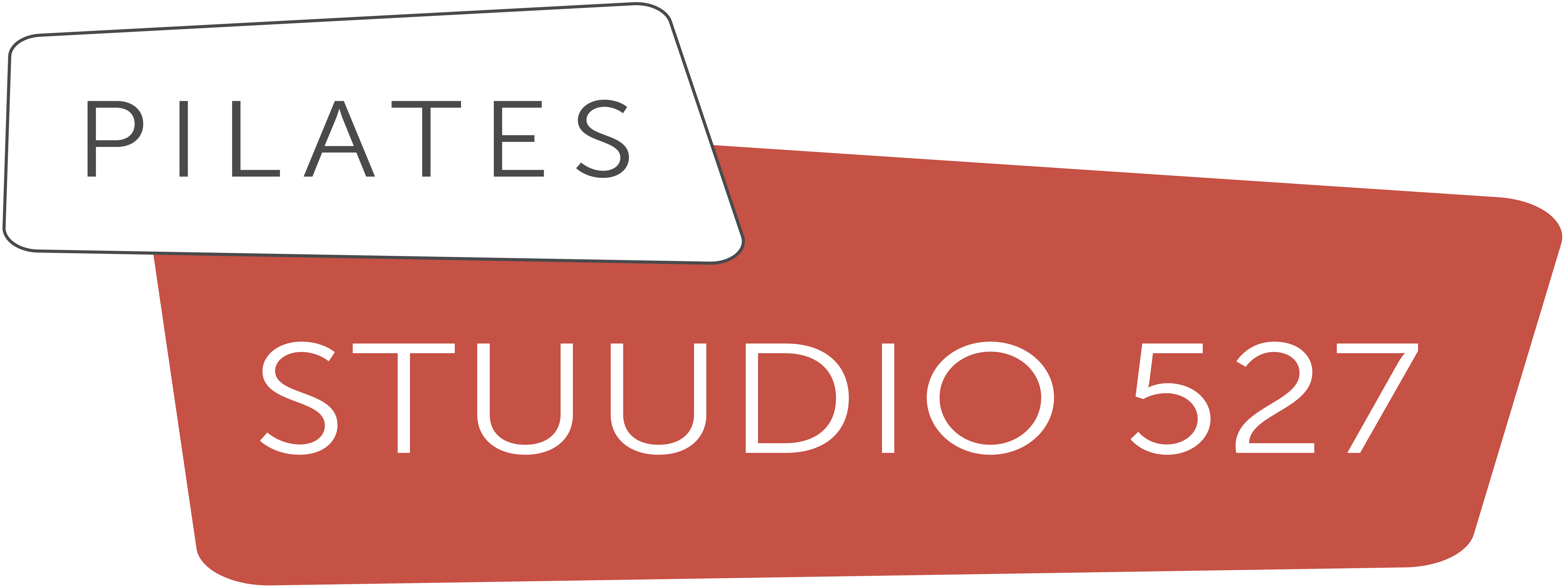More than ever, knowing someone at the company you’re applying to will give you an advantage. Brush up your resume and cover letter and include anything that signals you know how to succeed in high-pressure environments, since so many companies are in crisis mode. If you do secure an interview, prepare to do it remotely by getting familiar with the technology, researching the company’s pandemic response, and setting up a professional-looking background. Because you won’t get as much non-verbal feedback during the interview, focus on conveying warmth and establishing an emotional connection. Most importantly, throughout this process, have self-compassion. Remote interviews have become the norm, even in situations where the job itself is on-site or hybrid.
Prior to your interview, revisit the job posting or ask the recruiter which tools your prospective team uses so that you can frame your response with those remote interview process technologies in mind. And know that you probably won’t have experience with every single platform any given employer uses. Just be sure to mention how quickly you’ve learned new tools in the past. These are points that job candidates don’t have to think about in a regular interview or in-person interview but some are areas remote workers or anyone attending virtual interviews need to be ready for. Most employers will consider candidates even if they don’t have previous remote jobs in their background, but any time you can point to previous successes while working virtually is a win.
By Role
- While many aspects of the interview process are the same, whether in-person or virtual, there are aspects unique to remote interviews that might trip you up.
- The interview process seems to get longer and more involved every year, and the remote hiring process is no different.
- This is your chance to show the interviewer that you’re passionate about the job and that you’re actually curious about what working at the remote company will entail.
- Get the answers you need to optimizeyour TA and TM processes and results.
- The company might ask you to complete a personality test before, or, after the interview.
Communication can be extremely tough when you’re working remotely, especially since 90% of the time you’re communicating via chat. Another company, on the other hand, might be a lot more focused on remote communication among employees. You can have daily sync calls, brainstorming sessions, online co-working sessions, and so on.
Emphasize Job-Specific Skills
Plan to dress appropriately and set aside your interview outfit ahead of time so that you’ll have one less thing to worry about on the morning of your interview. One of the best tips I can give you is to treat the questions you ask as 25% of the interview. Most candidates treat it like an afterthought — a tiny portion. Do the best you can to cut out all distractions so that the interviewer sees you’ll be effective and focused in your home work environment. Wanting a remote role isn’t enough to get hired for the position. Just be ready for the question, and if they ask, “Why did you apply to this position?
Take time to introduce your company culture
A tidy knit pullover or a nice cotton shirt will demonstrate that you’ve considered your appearance during a remote interview. Remember that your interviewer is expecting professionalism even though you aren’t in a physical office. If you run into issues on the day of the interview, offer to continue with your video off.
That doesn’t mean you can’t support one another, but even that takes a bit more initiative when you’re working remotely. Getting your remote interview setup out of the way and testing it with a friend or family member will remove some anxiety and let you focus on the rest of these steps for succeeding in remote job interviews. According to Jones, the key here is to have a detailed, thoughtful answer (complete with specific examples) prepared. That should be fairly easy for people who’ve worked remotely in the past, but if you haven’t, don’t sweat it.
Expect Multiple Video Interviews
Be sure you have a way to reach the interviewer in case the technology fails. “The last thing you want is to be disfluent in a high-pressure situation,” advises Markman. “People are going to be as forgiving as possible, but if you can demonstrate that you’ve thought through the contingencies, it’ll convey competence.” And set up the best possible circumstances for the technology to work.
